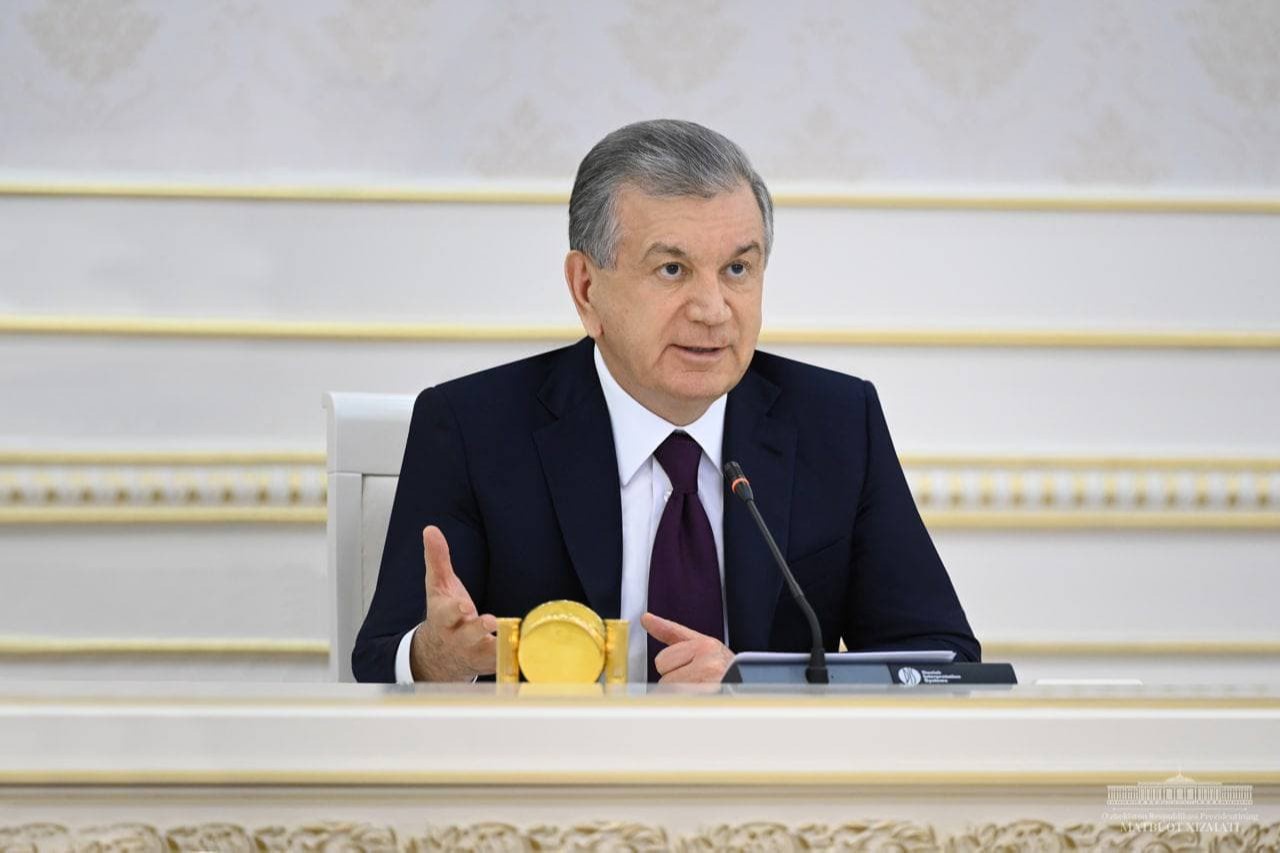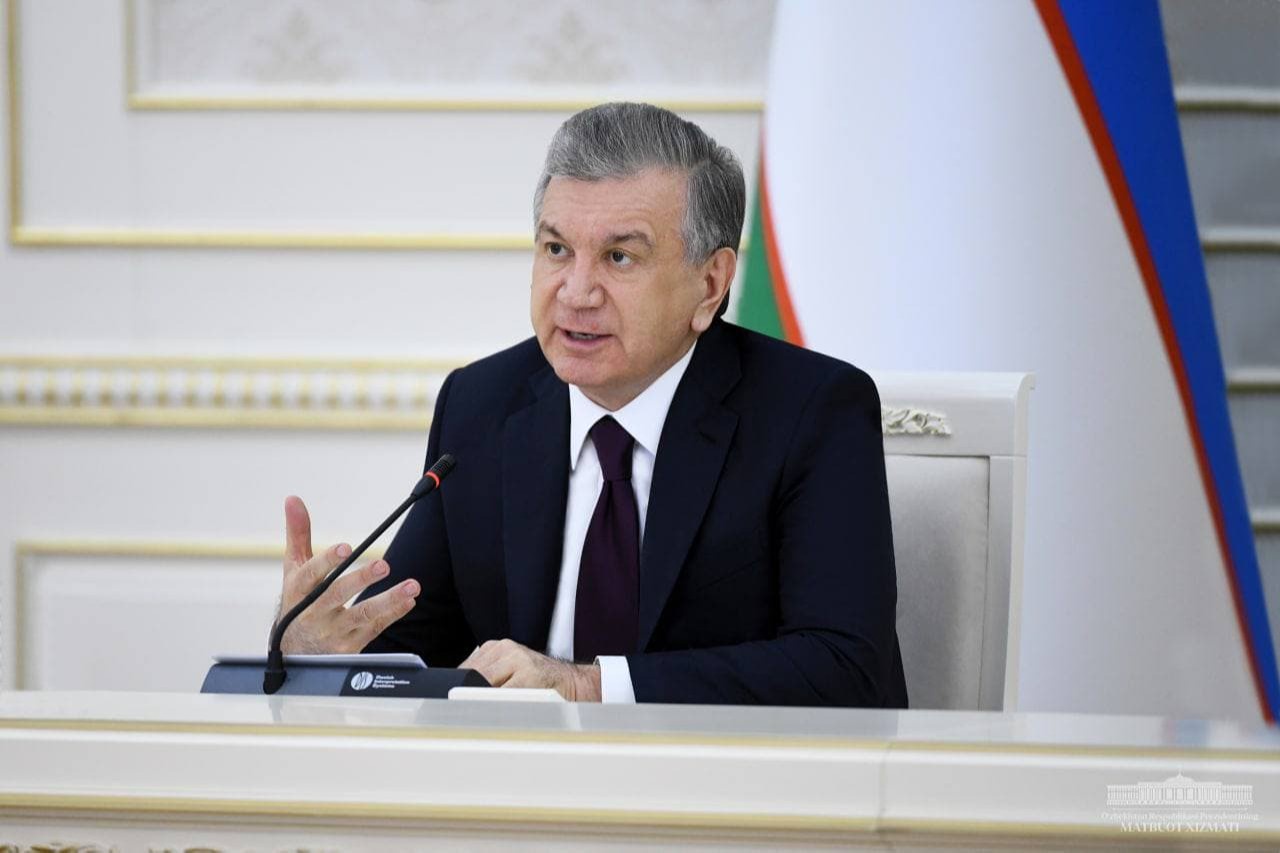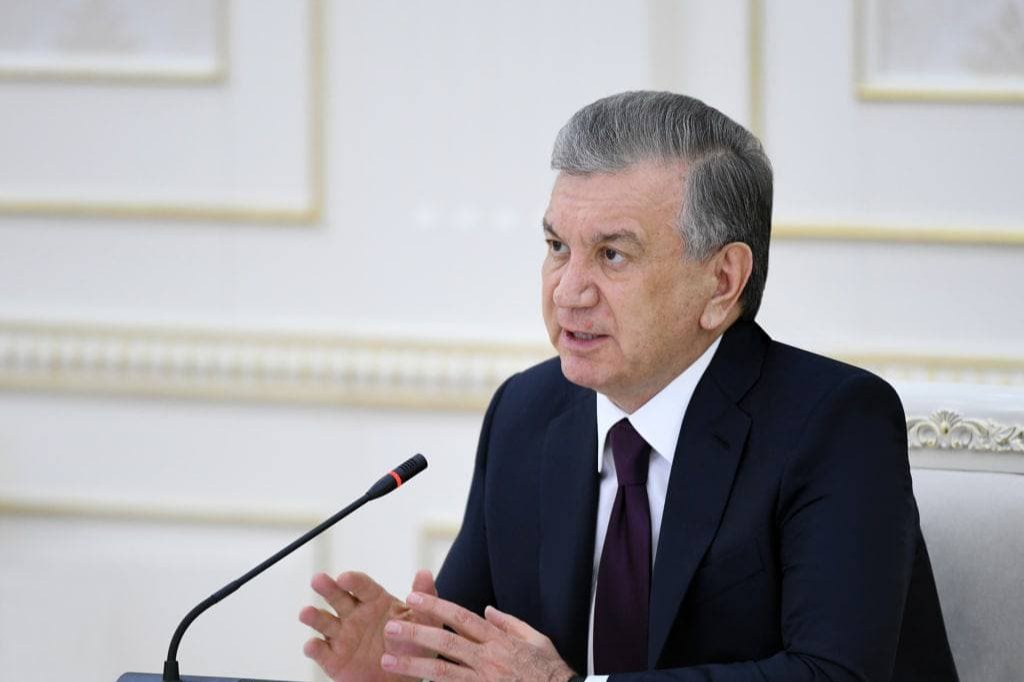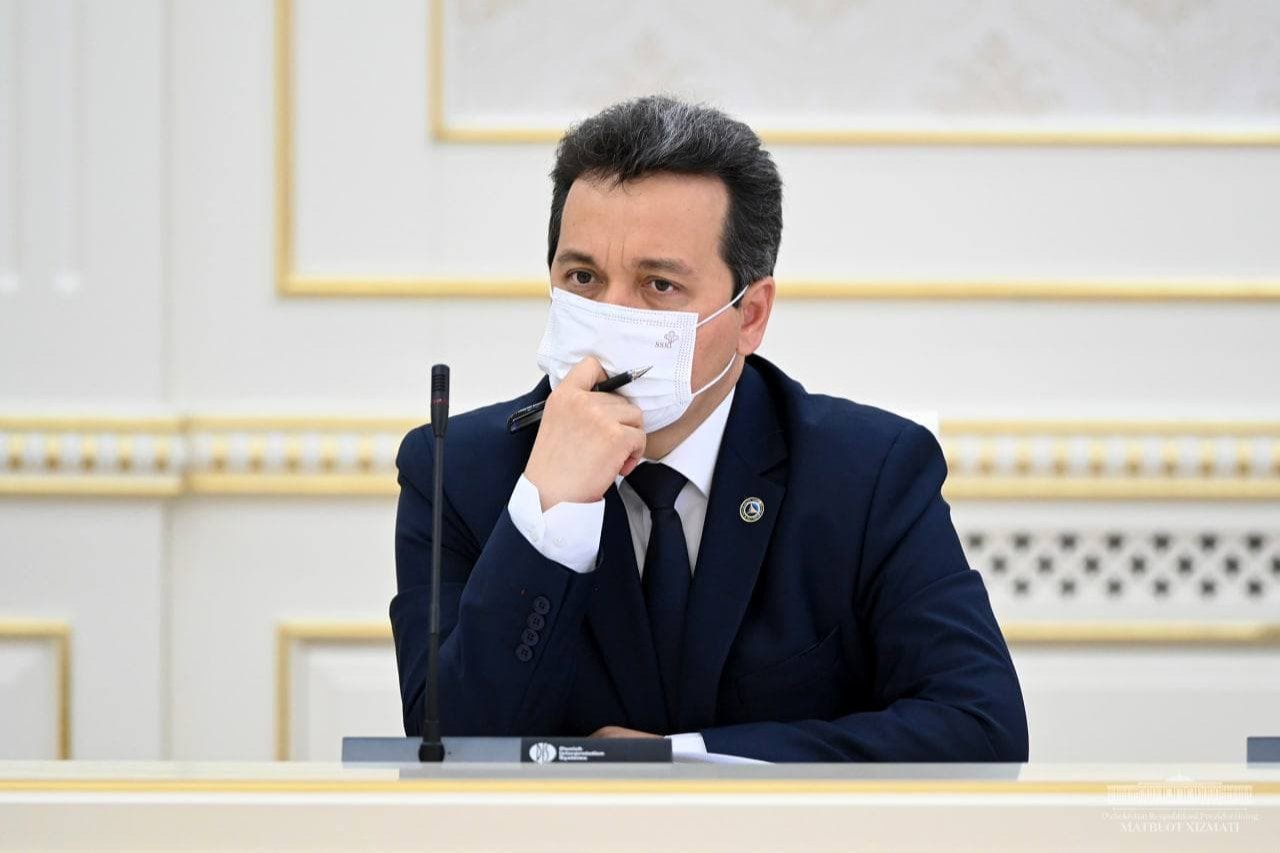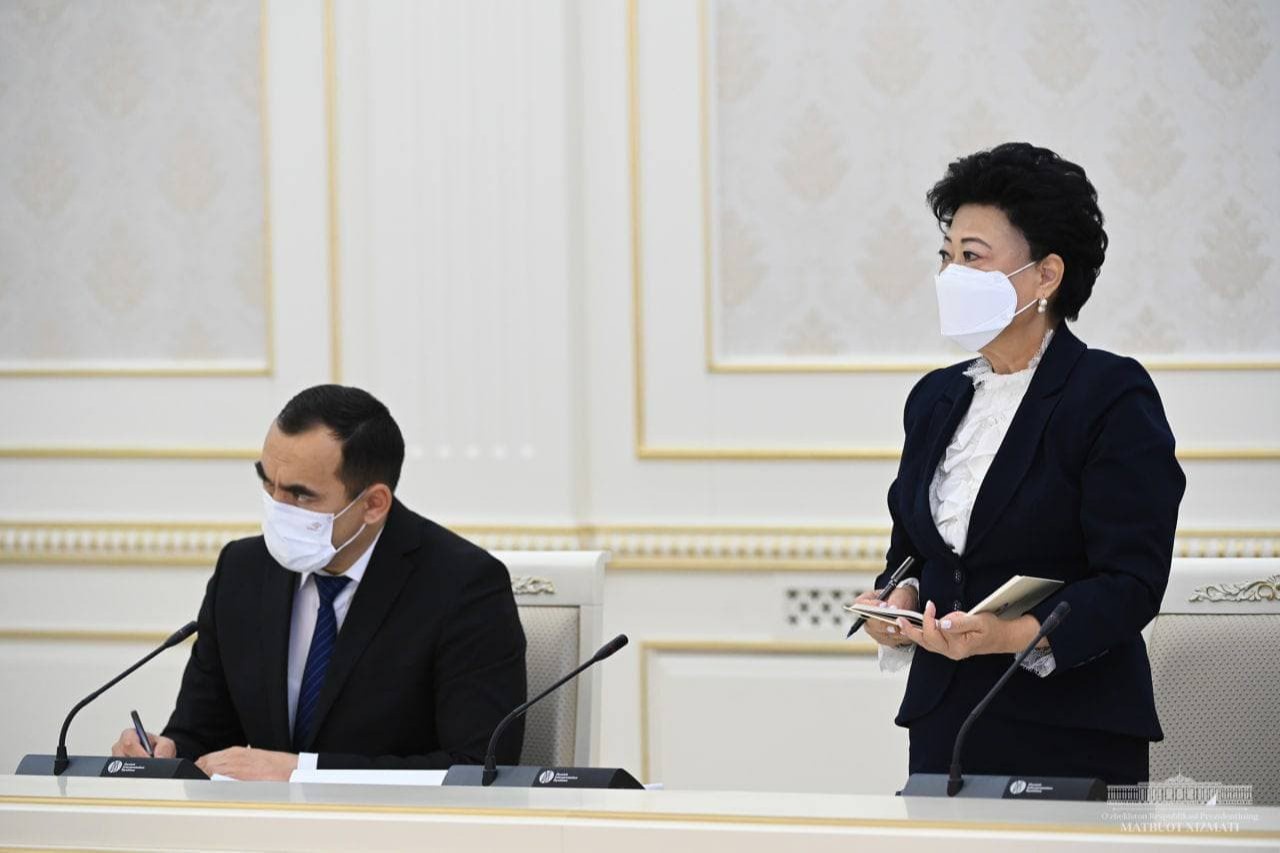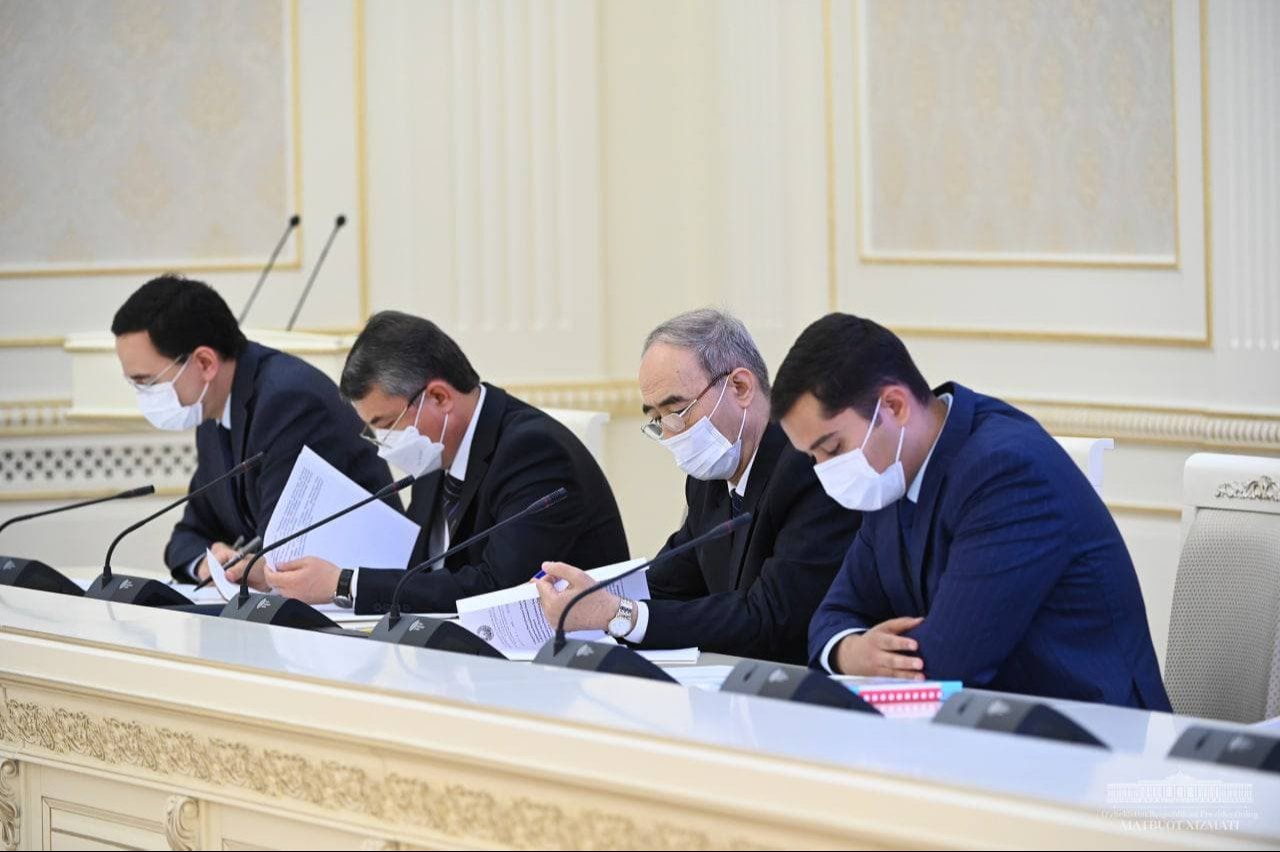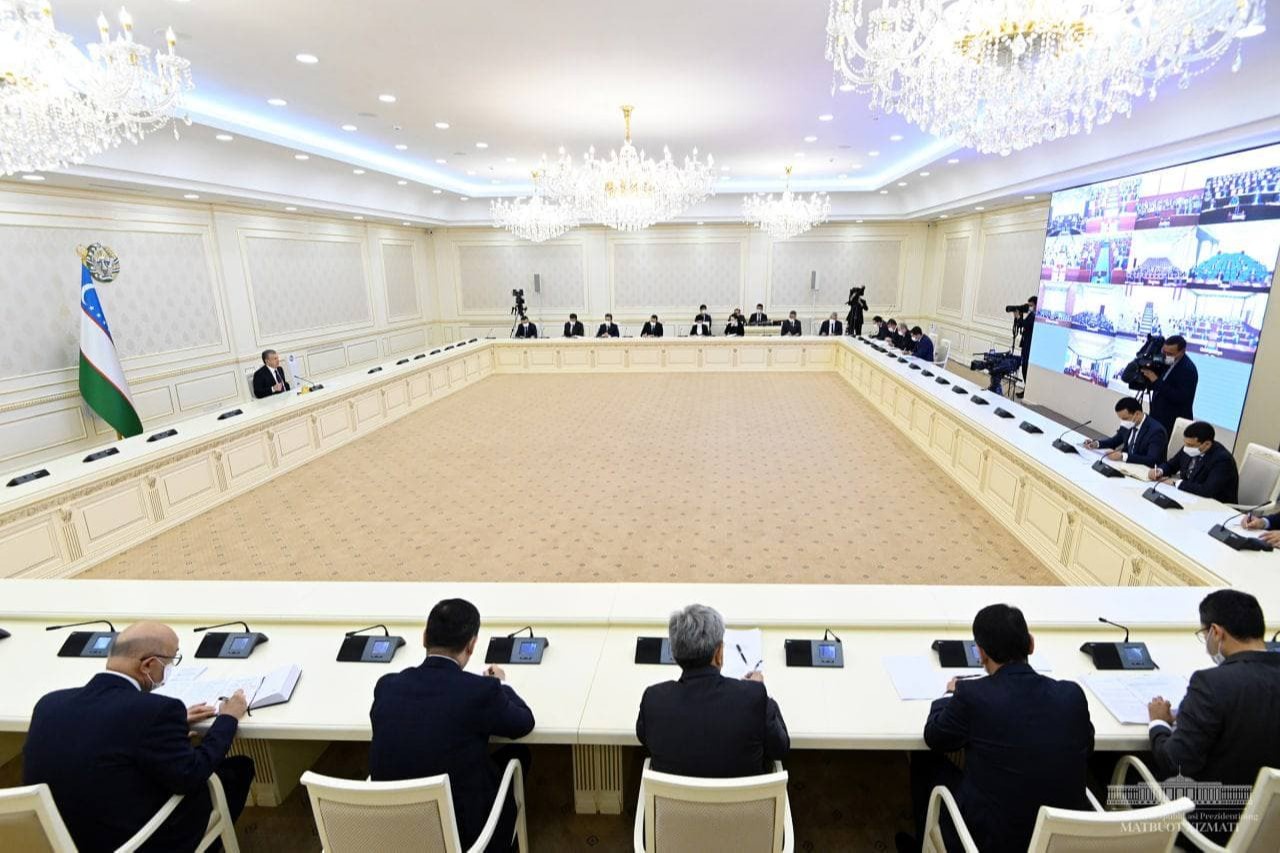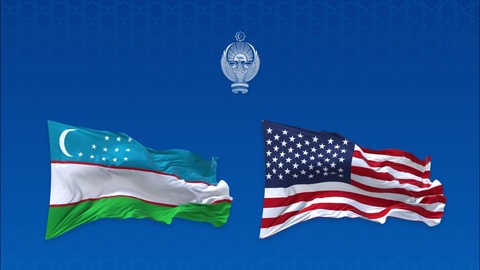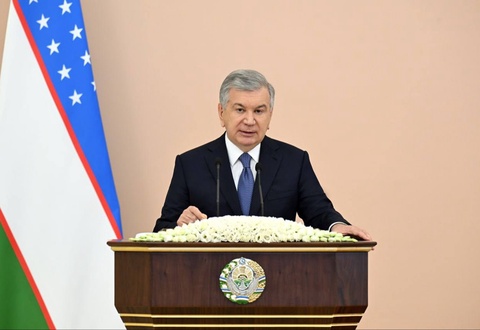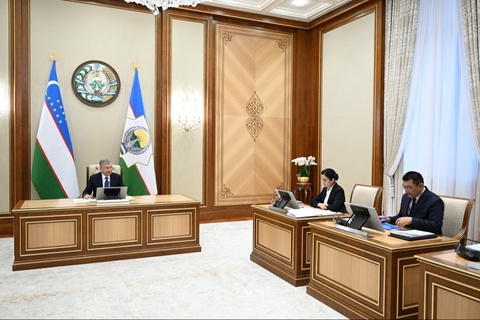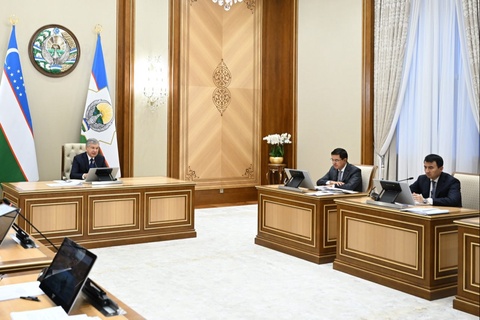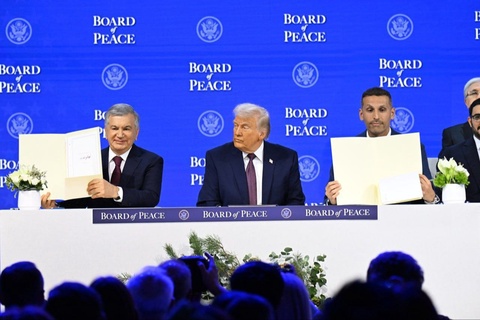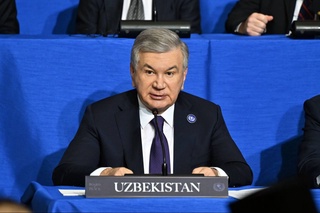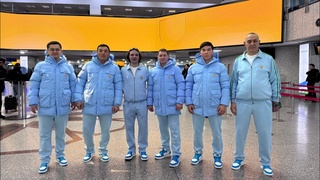Several areas of knowledge are determined every year in Uzbekistan, the development of which is given priority attention. This year physics and foreign languages have become such areas.
Uzbekistan’s policy of openness, active entry into the global market, expansion of international cooperation in all areas increase the need for studying foreign languages.
Teaching in foreign languages is conducted in 25 higher education institutions in Uzbekistan. In 2016, there were only 7 such institutions. Over the past 3 years, the number of applicants who have received a language certificate of international level has increased tenfold.
This year 350 students received grants to study at prestigious foreign universities through the El-Yurt Umidi Foundation, which is five times more than in previous years.
However, the state of the system of teaching foreign languages at some places does not allow effectively solving the large-scale tasks in this area. So, in the education system, there are more than 2 thousand vacancies for foreign language teachers. The quality of teaching languages in 1.4 thousand schools is assessed as extremely low. Only 4 percent of school teachers have national and international language certificates. There are no teachers with a certificate in the cities of Khanabad and Kuvasay, Zafarabad, Mirishkor, Turtkul, Sherabad and Uzun districts. 49 percent of teachers failed the certification test.
These and other problems in the sphere were comprehensively analyzed at the meeting. Priority tasks were identified.
“The time has come to create in Uzbekistan a new system of teaching foreign languages, which will become a solid foundation for the future. Since we set ourselves the goal of building a competitive state, from now on, graduates of schools, lyceums, colleges and universities must be fluent in at least two foreign languages. This strict requirement should become the main criterion for the work of the head of each education institution”, Shavkat Mirziyoyev said.
It was noted that an Agency for the Promotion of Learning Foreign Languages will be created under the Cabinet of Ministers.
The agency will be engaged in the introduction of proven methods, programs and textbooks into the education system, and will organize training in at least 10 foreign languages based on the needs of educational institutions, industries and regions.
The agency’s competence will also include the task of developing and introducing methods for ministries, agencies and other employers that will allow employees to carry out professional activities in foreign languages.
One of the main tasks of the structure will be the creation of methods for professional translation from the state language into foreign and from foreign languages into the state.
The agency will also maintain a rating of foreign language proficiency, develop qualification requirements and criteria for assessing foreign language teachers and assign qualification categories to them.
In general, the main activity of the Agency will be the development and implementation of methods, recommendations and textbooks for all categories of the population along the chain “kindergarten – school – higher education – enterprise”.
In addition to Tashkent State Universities of World Languages and Oriental Studies, the Samarkand Institute of Foreign Languages, one university in each region will be determined as the base for the study of foreign languages.
The Head of the state emphasized the need for creating decent conditions for teachers and stimulating them based on their qualifications.
The task has been set to introduce salary increments for teachers who have received an international certificate with an initial and secondary level – in the amount of 40 percent, and for those who have achieved a high level – in the amount of 50 percent.
In addition, teachers with high scores will be reimbursed for the cost of taking the international certification test. A requirement will be established according to which starting next year only teachers of foreign languages with a national or international certificate can be hired.
It was noted that over the next three years, all 53 thousand foreign language teachers in schools should receive an international certificate. The task was set to fill vacancies in schools with qualified specialists.
207 schools in districts and cities will specialize in in-depth teaching of foreign languages. These schools will be given the freedom to choose foreign-made books, advanced curricula and methodologies, teaching will be conducted in a foreign language.
The hokimiyats of the regions were instructed to allocate 1 billion UZS of local budget funds to each district and city to improve the quality of teaching foreign languages in schools.
The importance of attracting foreign teachers – native speakers to specialized schools and specialized higher education institutions, organizing training for teachers of foreign languages abroad was emphasized.
The Head of the state proposed to establish a President’s Award to determine the best schools teaching foreign languages.
The competition will be held at the district, city, regional and republican levels. The schools that won first place at the district and city levels will receive 100 million UZS as a prize, the winners of the regional stage – 250 million UZS, and the best school in the country – 500 million UZS. Accordingly, the owners of the second and third places at the national level will also be awarded. The principals and teachers of these schools will be nominated for state awards.
The quality of teaching also depends on textbooks and teaching aids, which must comply with international standards. Therefore, the task was set to approve English textbooks from the Cambridge University publishing house in 200 schools. Similar activity will be carried out for textbooks in Russian, German, Korean, Chinese and French.
Each foreign language teacher will be allocated 1 million UZS from the budget for the purchase of new literature and manuals that will keep abreast of the latest changes in their field.
The Ministry of Preschool Education has been instructed to develop, jointly with UNICEF, and implement guidelines for teaching foreign languages to children under the age of 7.
The main attention at the meeting was paid to training specialists for the higher education system.
It was noted that the level of foreign language proficiency among 78 percent of higher education institutions teachers is unsatisfactory.
It was noted that starting the new academic year, the number of admission quotas for the study and teaching of foreign languages will be doubled – up to 16 thousand, and the state grant will triple.
At the same time, starting next year, a requirement for an international certificate will be introduced for applicants for master's and doctoral studies. The teaching of specialized subjects in a foreign language will be gradually introduced in higher education institutions. Free use of foreign textbooks and manuals on natural and technical subjects will be introduced.
20 specialists will be sent abroad annually for doctoral studies through the El-Yurt Umidi Foundation to increase the scientific and pedagogical potential in this sphere.
The importance of further strengthening cooperation with such foreign organizations as the British Council, Goethe-Institut, Alliance Française, KOICA, JICA, Confucius Institute, and expanding the network of non-governmental training centers was emphasized.
The need was noted for stimulating the study of languages in every ministry, agency, state company and large private enterprises, to introduce a special day for the study of foreign languages there and create the necessary conditions for this.
Instructions were also given to create video lessons, educational films and broadcasts, as well as the development of e-programs.
Responsible officials and teachers expressed their views and suggestions on the issues discussed at the meeting.


